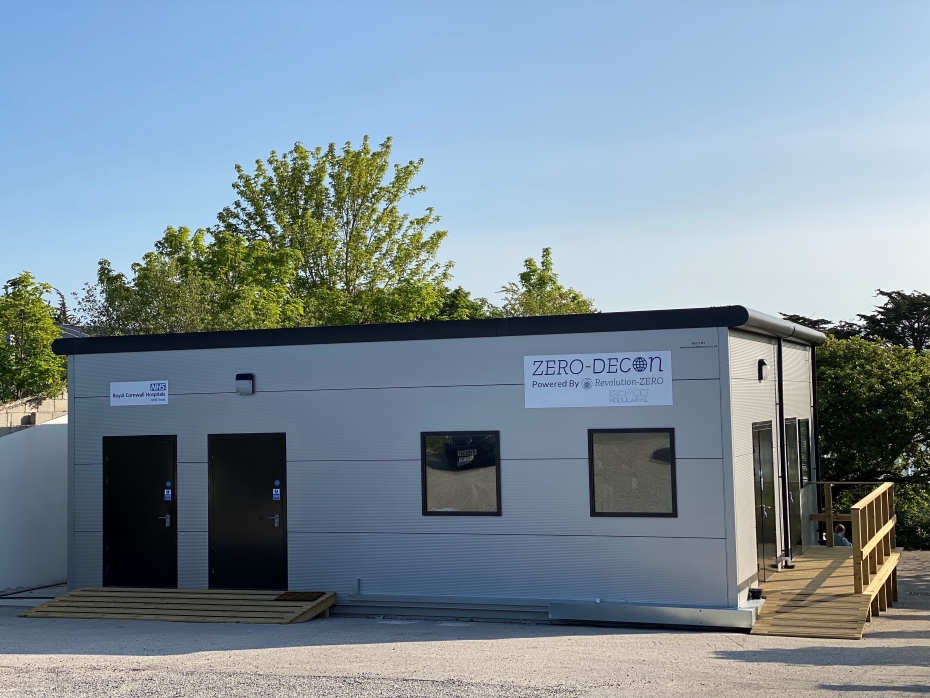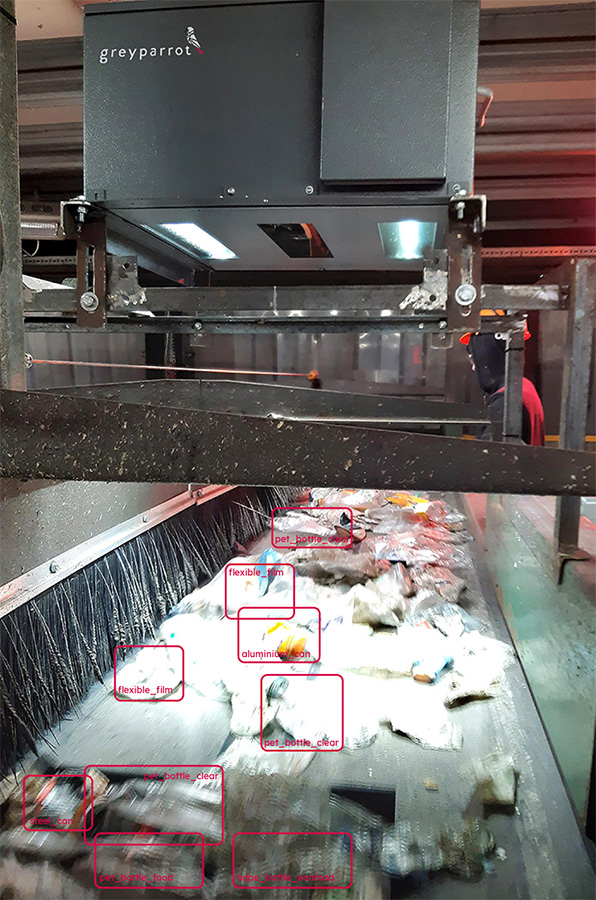Although the MWRA said it would make every effort to recover the money owed, it said it had been forced to accept this may well not be possible and is proposing to write off the debt.
And, in the wake of the demise of Envirolink, its former chairman, Peter Jones OBE, has criticised the Department for Communities and Local Government (DCLG) for allegedly changing the auditing rules on spurious grounds, which he claims led to cash flow problems which resulted in the organisations liquidation.
Envirolink went into liquidation with debts to unsecured creditors totalling more than 550,000, of which the bulk 398,490 is owed to the Merseyside authority for co-ordinating the 13 million Orchid Environmental Ltd Mechanical heat Treatment (MHT) Demonstrator plant in Huyton, Knowlsey. The New Technologies Demonstrator Project in Huyton, which shut in 2011 (see letsrecycle.com story) was funded by the North West Development Agency (NWDA) working through Envirolink, as well as the MWRA and Defra. (MWRA was known as the Merseyside Waste Disposal Authority when the Huyton project was developed).
In a statement, MRWA chief executive Carl Beer, said: Some of the NWDA contribution remained outstanding to the Authority after the end of the project, to the sum of 398,000. NWDA (Envirolink) acknowledges that they had not completed their funding contribution despite all the project conditions being met.
He continued: The Authority was recognised as being owed this money and acknowledged Envirolink as a debtor in its accounts. At the recent demise of Envirolink, the Authority has been forced to accept that it may, or may not be paid the debt by the liquidators. It is therefore proposing to write off the debt in its accounts, although every effort will be made to recover the debt.
A spokeswoman for the authority said that a report on the money owed by Envirolink would be assessed at an MWRA members meeting on February 1.
The total cost of the Orchid Environmentals MHT facility was put at 13 million in 2011 when it closed, three years after opening with 5.6 million of funding from Defras New Technologies Demonstrator Programme.
Envirolink
Liquidators for Envirolink, the Business Debt Advisor, blamed the organisation going into liquidation on funding cuts and cash flow problems (see letsrecycle.com story).
However, concerns have been raised by former Envirolink chairman Peter Jones that the firm was forced into voluntary liquidation on spurious grounds, and he criticised the DCLG for implementing retrospective changes in the audit rules.
According to Mr Jones, DCLG took over audit responsibility following the demise of the Northwest Regional Development Agency (NWRDA) in March 2012 and promptly decided to change the basis of the qualifying data without consultation or preparedness to discuss the basis of their revised approach.
Related Links
He said: Whilst I have no argument with the need for detailed audit procedures, the process by which this was undertaken was at best dubious and at worst unethical on the part of DCLG (I am actually a creditor for my travel costs to recent meetings). In my professional life I have never had to place a company into liquidation and to do so on such spurious grounds for services legitimately delivered demands closer scrutiny in my opinion.
He added: The upshot is that an otherwise successful enterprise fulfilling a real need employing around 20 full time equivalents and contributing taxes to the Treasury on a portfolio of other work has had to be liquidated. Ironically another DCLG body was a major creditor that will now lose their money. How stupid can that be?
He added: I believe this episode is the tip of a bigger iceberg where my contact base in the environmental sector involved in the delivery of RDF programmes across the UK have hinted that they are also the victims of arbitrary retrospective changes in the audit rules implemented by DCLG. Those bodies are both NGOs and universities and fear that to speak out on these matters will jeopardise their ability to access future funding streams from EU or UK Government sources.
- Four past employees of Envirolink Northwest have announced that they have established a new low carbon, energy and environmental consultancy firm in Didsbury, Manchester. Nicola Ball, Katherine Burden, Sue Gibson and Nick Storer have more than 50 years experience in the sector, and formed their firm Gyron as a partnership after the closure of their previous employer. Nicola Ball, founding partner of Gyron, said: Weve formed Gyron to make sure that the legacy of Envirolink is not lost and to provide support to businesses in the low carbon sector, to help them grow and prosper.









Subscribe for free